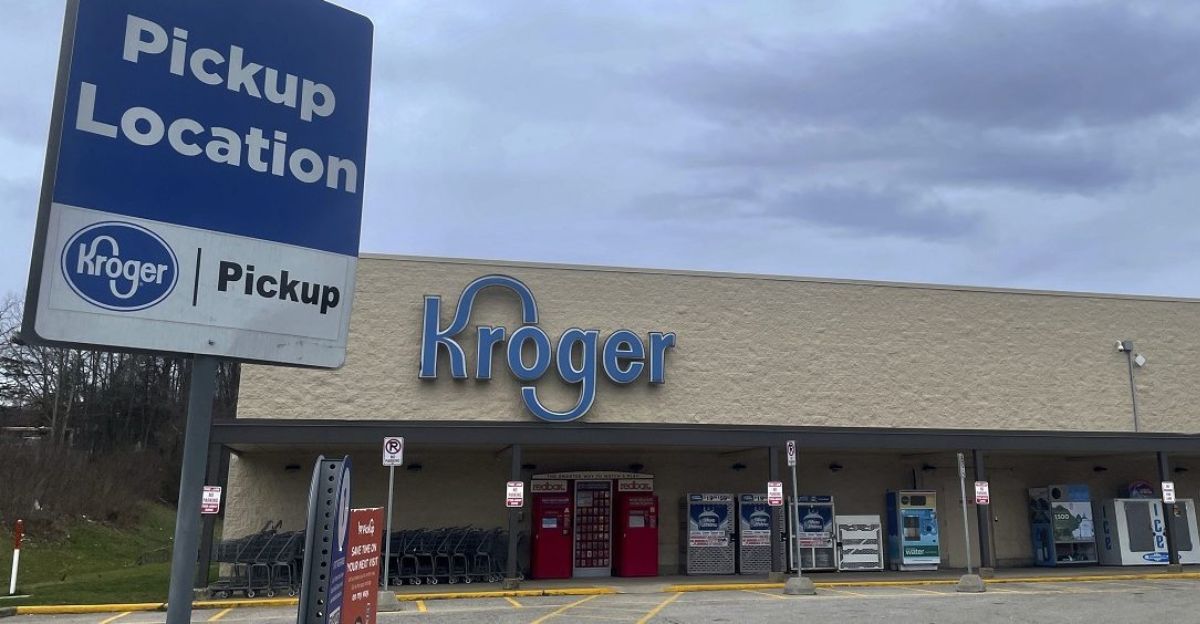
With 45,000 members working across southern California, Albertsons and Kroger’s supermarket workers have voted overwhelmingly as a union to strike over what they believe to be unfair labor practices. It’s not only about money; workers are striking over chronic understaffing, unsafe working conditions, and illegal practices such as surveillance and intimidation.
After months of making no headway at the bargaining table, workers felt they reached their tipping point, feeling dismissed and disrespectful of the organization that provided labor. With the impending strike, customers will feel the impact of the massive retail closures, and so will employees; it’s a big deal.
The Staffing Shortage Crisis
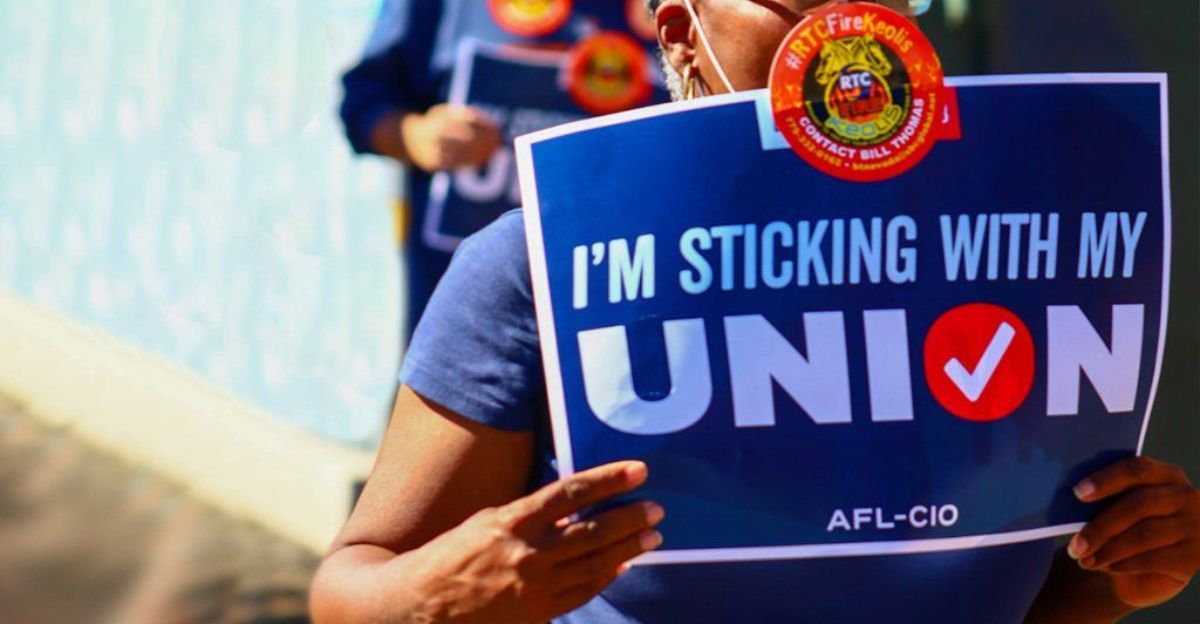
Workers argue that a staffing shortage at the heart of the conflict has eroded working conditions and service. Meagerly stocked shelves, queues at the checkout, and fatigued workers are the daily reality.
Corporations can trust these complaints to be “anecdotal,” but public surveys and testimony show widespread mega-shortages and mega-dissatisfaction among shoppers.
It’s not just a workaround but a corporate choice to disinvest their frontline investments for cost-cutting. The effect is a cycle of viciousness as low staffing fuels discontent on both ends, demoralizing store performance and workers’ morale.
Unlawful Tactics and Union Busting
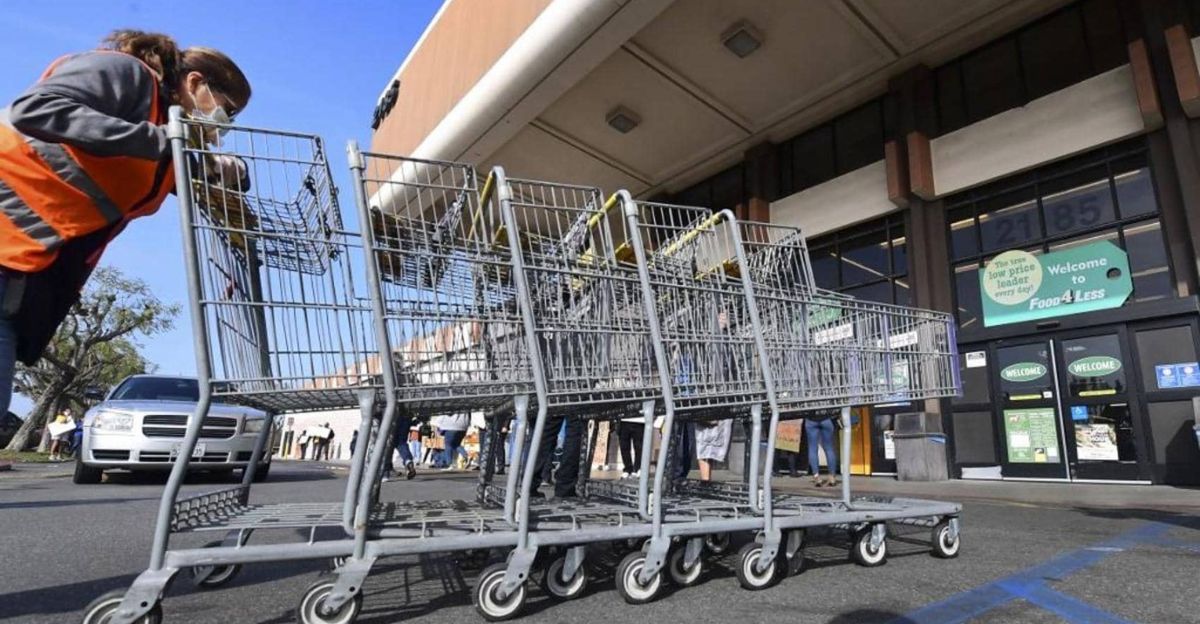
The union has alleged that Albertsons and Kroger engaged in labor law violations, illegal surveillance, illegal interrogation, threats, and illegal retaliation against members of the bargaining unit.
These methods fall squarely within the category of union busting aimed at outing and damaging individuals psychologically, workers are discouraged, and bargaining is impeded.
While they conflict with established protections under laws, they also clandestinely undermine trust and inflame the dispute.. The companies’ neglect of these charges represents a corporate culture unresponsive to fair labor relations, forcing employees to go out on strike, for one last chance to get their fair share and dignity.
The Customer Viewpoint

The customers are getting hurt too. Consumer Reports calculated that Kroger overcharges consumers by 18.4%, and customers complain of understaffed stores and poor service. It creates a feedback cycle: irate customers complain, workers suffer increasing pressure, and companies hold back from investing in labor improvements.
Therefore, the strike’s specter is not just a labor dispute but a complete failure of customer service and corporate morality. The supermarket titans risk alienating their customer base when consumer confidence is key to weathering a competitive market environment.
Lessons From Past Supermarket Strikes
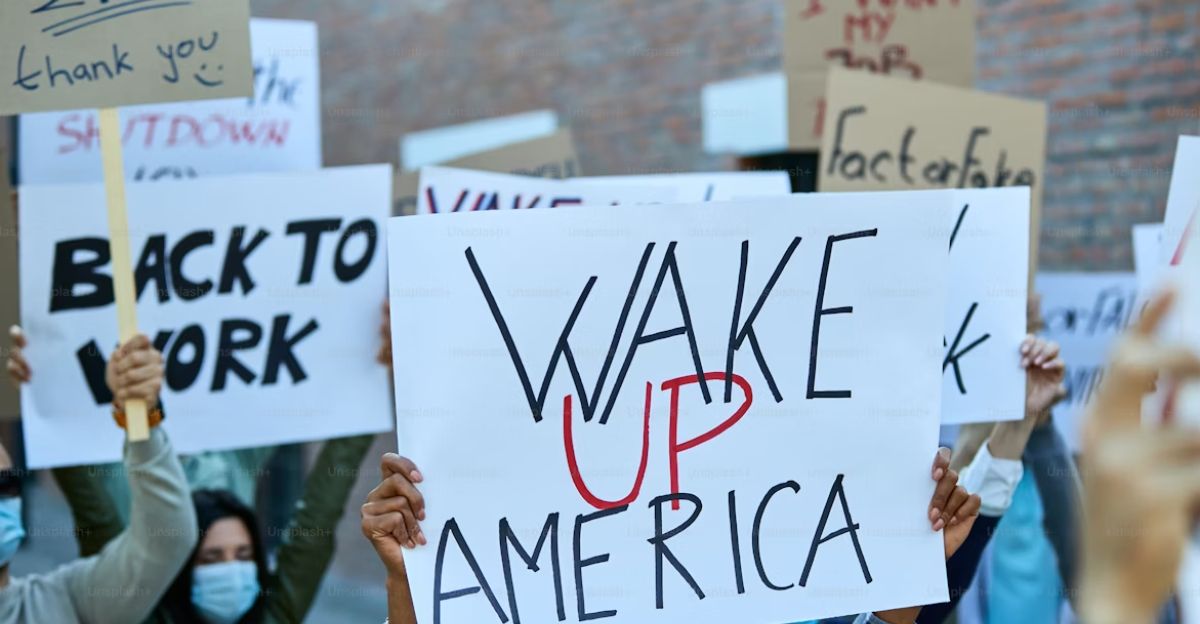
This confrontation brings to mind the longest grocery store strike in American history, California 2003, when 70,000 workers walked for nearly five months. Both sides lost colossal sums, workers lost money, and firms lost over a billion in revenue.
The bitter confrontation left no one a winner, illustrating how entrenched labor disputes can destroy everyone. The strike threat at Albertsons and Kroger threatens to repeat this cycle unless both parties engage in sincere negotiation instead of brinkmanship.
The Psychological Burden Of Strikes and Lockouts

Research shows that strikes give workers some control over their fate, with improved mental health outcomes in contrast to lockouts, when employees feel helpless. Employees’ approval of a strike demonstrates a conscious choice to regain control of the negotiating process.
But there is a serious psychological cost, including uncertainty and worry over lost income. It is essential to comprehend the human cost of labor disputes and the perseverance needed to maintain collective action, but people also overlook this psychological component.
The Financial Impact Of Strikes On Industries

Food industry strikes cost millions annually, 145.9 million in wages and lost revenue alone in 2024. For Kroger and Albertsons-type corporations, prolonged strikes would result in vast financial losses and logistical interruptions.
Workers also lose income and economic stability due to strikes in the economic environment. However, it is still necessary to consider these costs about the potential long-term benefits of fair contracts and improved working conditions.
Workers may experience an economic windfall in the short term by not resolving a grievance; however, in the long term, the costs of strikes, turnover, and damage to an employer’s brand may make that cost greater.
Can Strikes Be A Positive Force?

Strikes can be strong accelerators for systemic change, even though they can be disruptive. Collective bargaining compels businesses to reconsider staffing arrangements in the grocery retail and other industries with narrow profit margins and underpaid employees.
Innovations in hiring practices, employee engagement, and corporate ethics may result from this strike.. It also raises the likelihood that negotiated accords settle labor disputes, benefiting employees, customers, and enterprises.
The Unique Framework Of The Labor-Customer Feedback Loop

We can understand this strike as a feedback loop model: understaffed stores produce poor-quality customer experiences, which drive further stress on employees, leading to employee discontent, which sets service back out of balance.
Removing this loop takes work at the root causes, proper staffing, fair labor practices, and open communication. Awareness of the interdependence of interests provides a pathway for resolution to the conflict and self-reinforcing crisis avertance by balancing the interests of workers, management, and customers sustainably.
What Then For Albertsons, Kroger, and Their Employees?
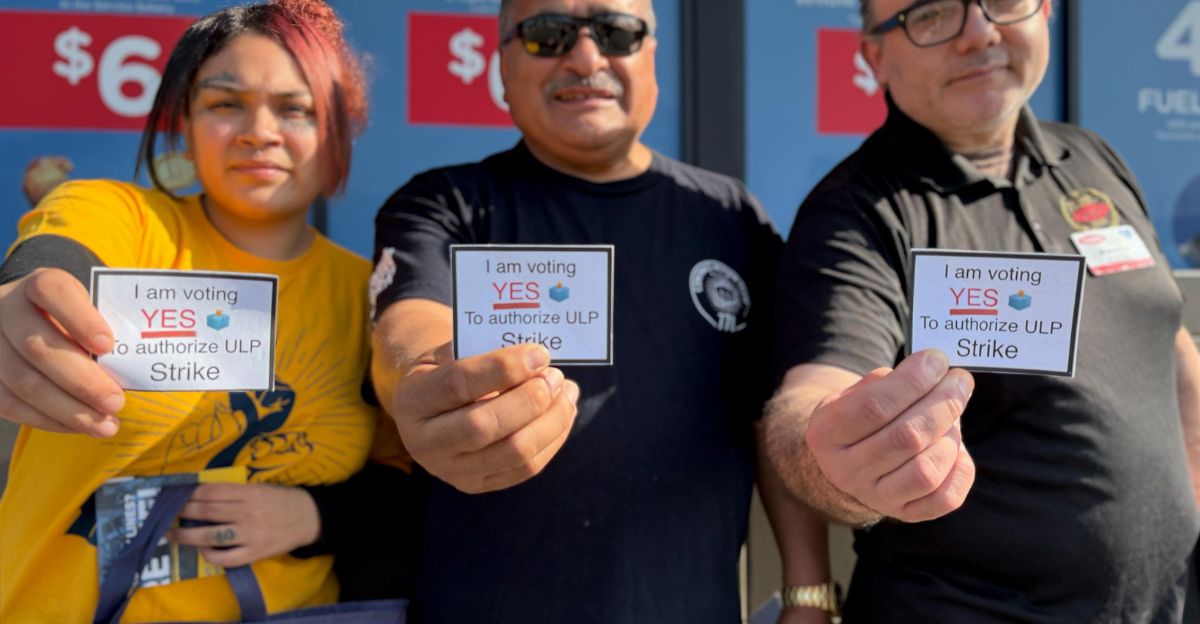
The strategy behind Albertsons and Kroger’s strike voting is the last straw. It has laid bare deep structural vulnerabilities in grocery labor relations. These companies need to go beyond brushing things off. They need to get serious about negotiating in good faith and stopping disputes before they become expensive.
Going on strike is a significant opportunity for workers to assert their rights and dignity against a system that has told them to accept that they are not valuable.. The broader picture is whether the necessary sectors will balance profitability and decent labor practices.
Discover more DIY hacks and style inspo- Follow us to keep the glow-up coming to your feed!

Love content like this? Tap Follow at the top of the page to stay in the loop with the latest beauty trends, DIY tips, and style inspo. Don’t forget to share your thoughts in the comments — we love hearing from you!